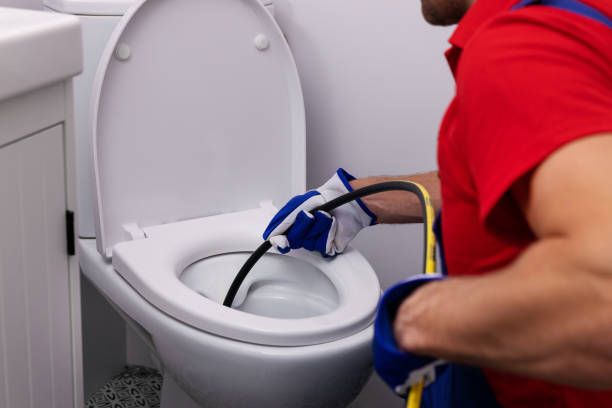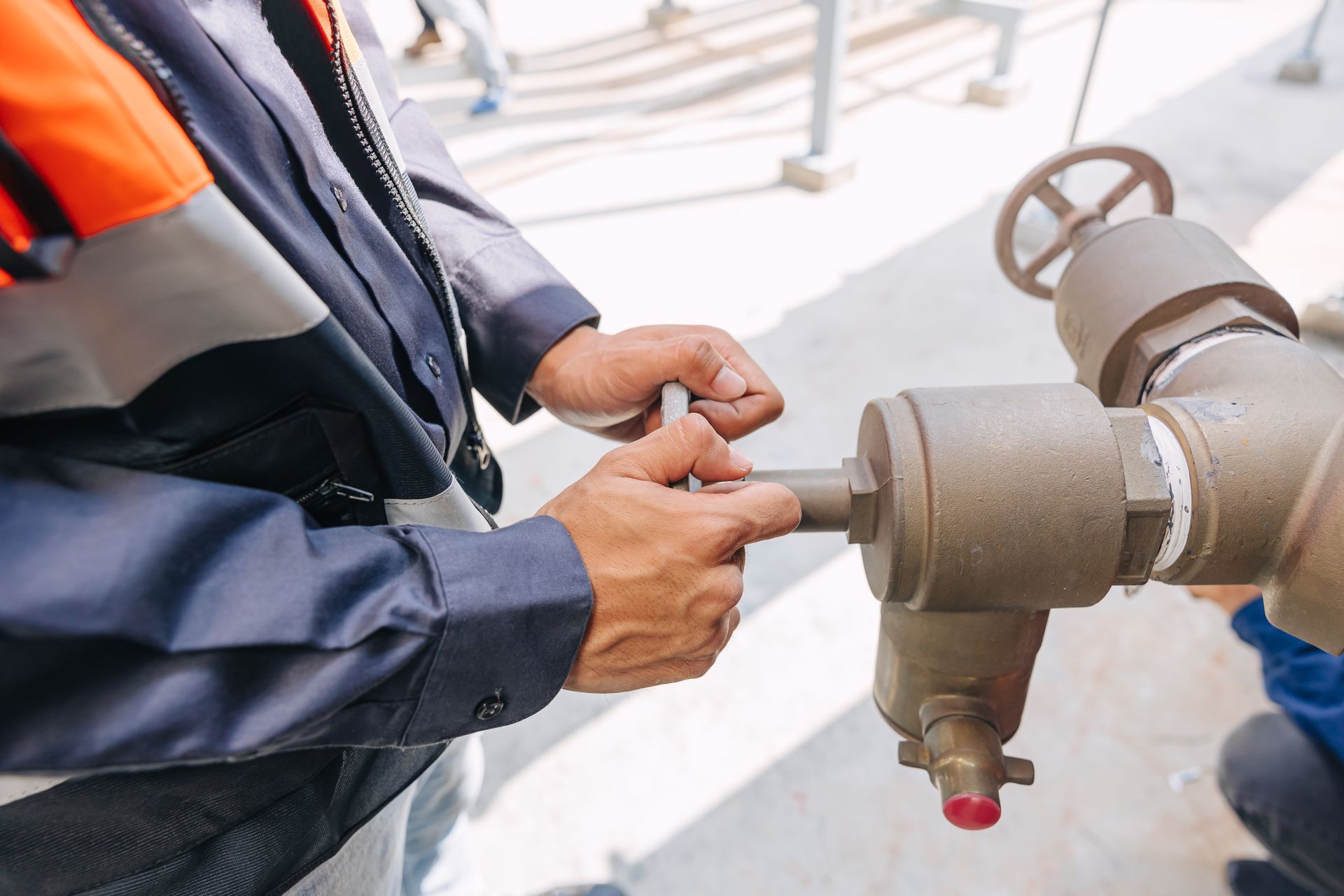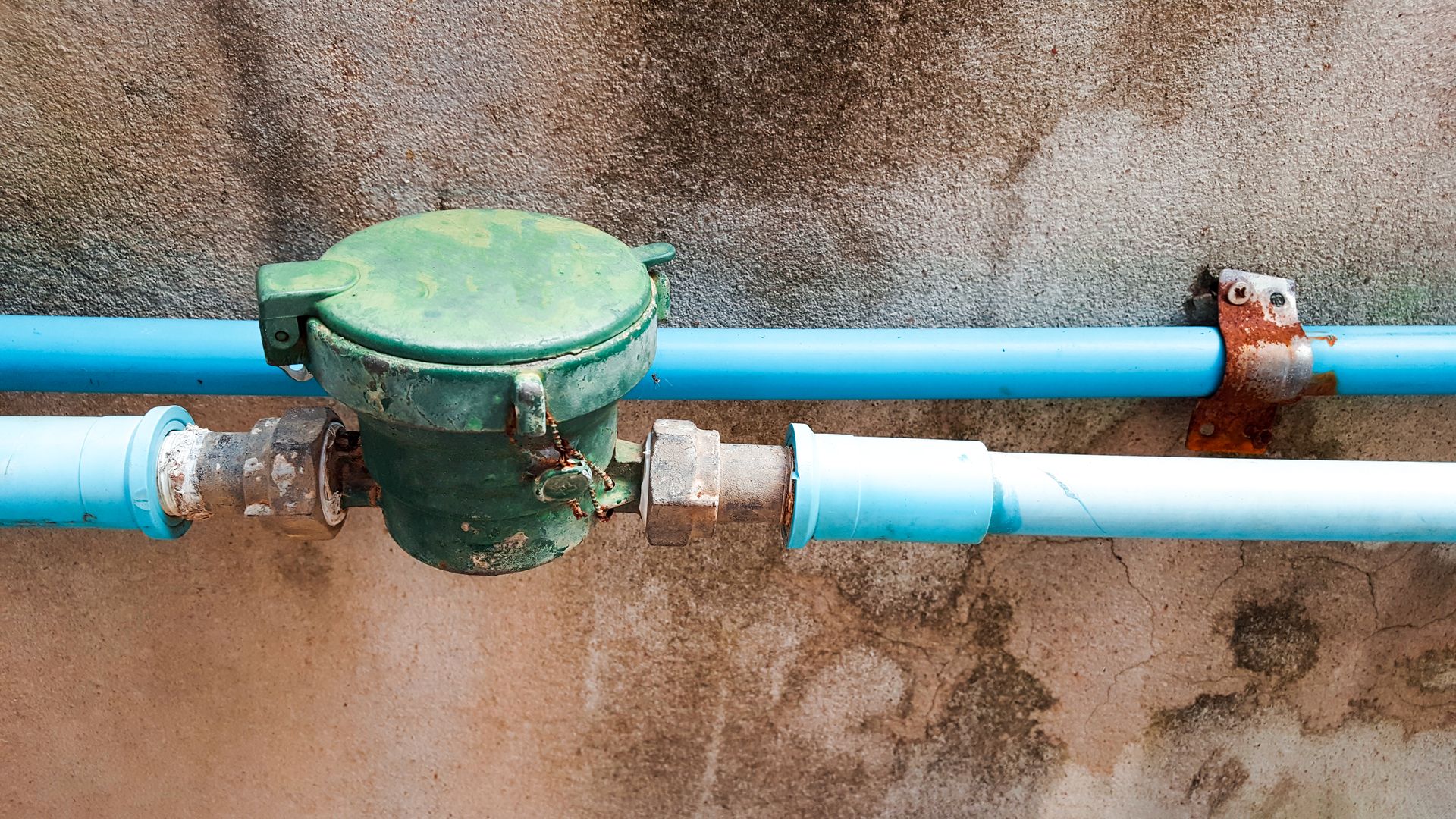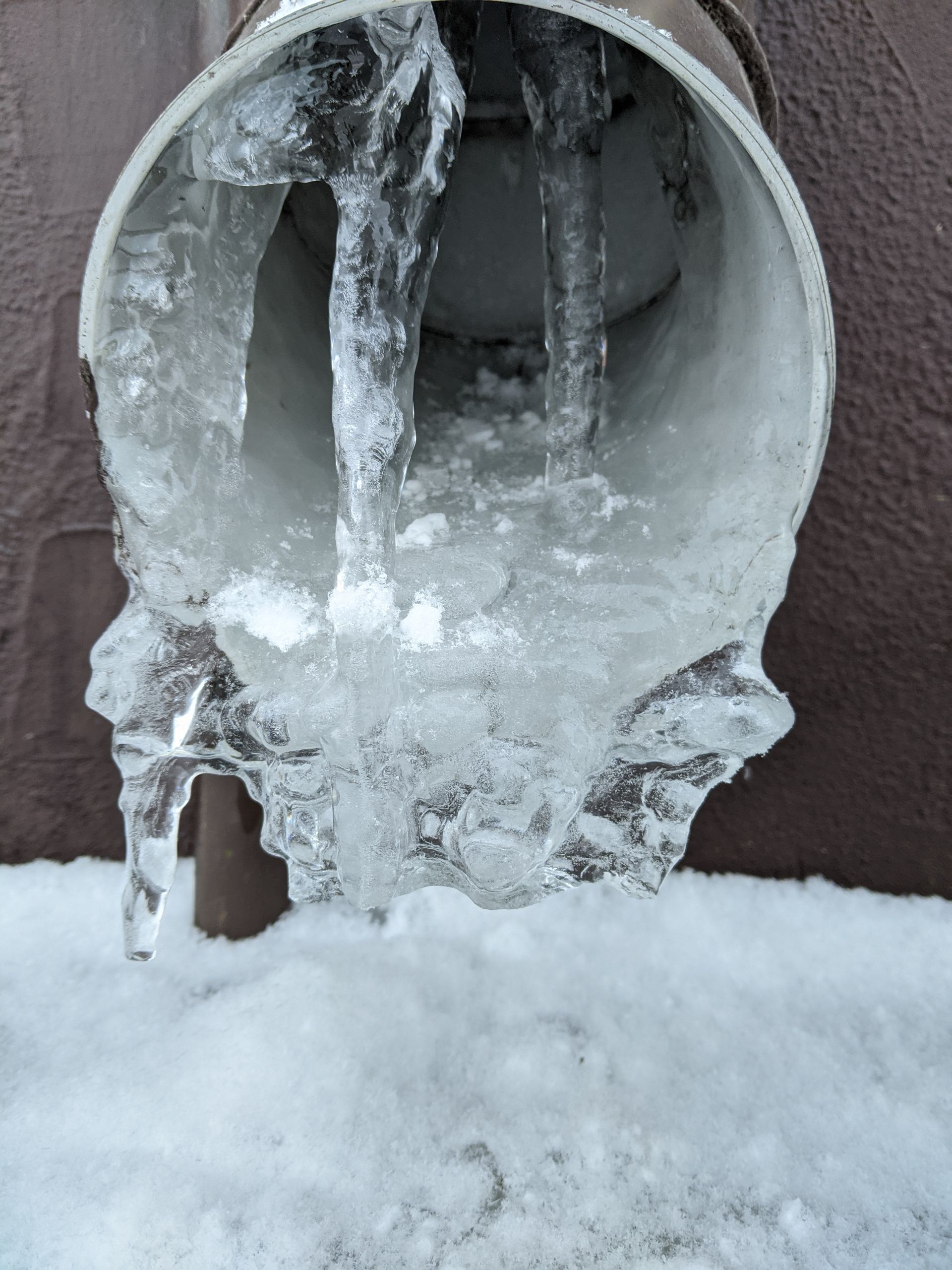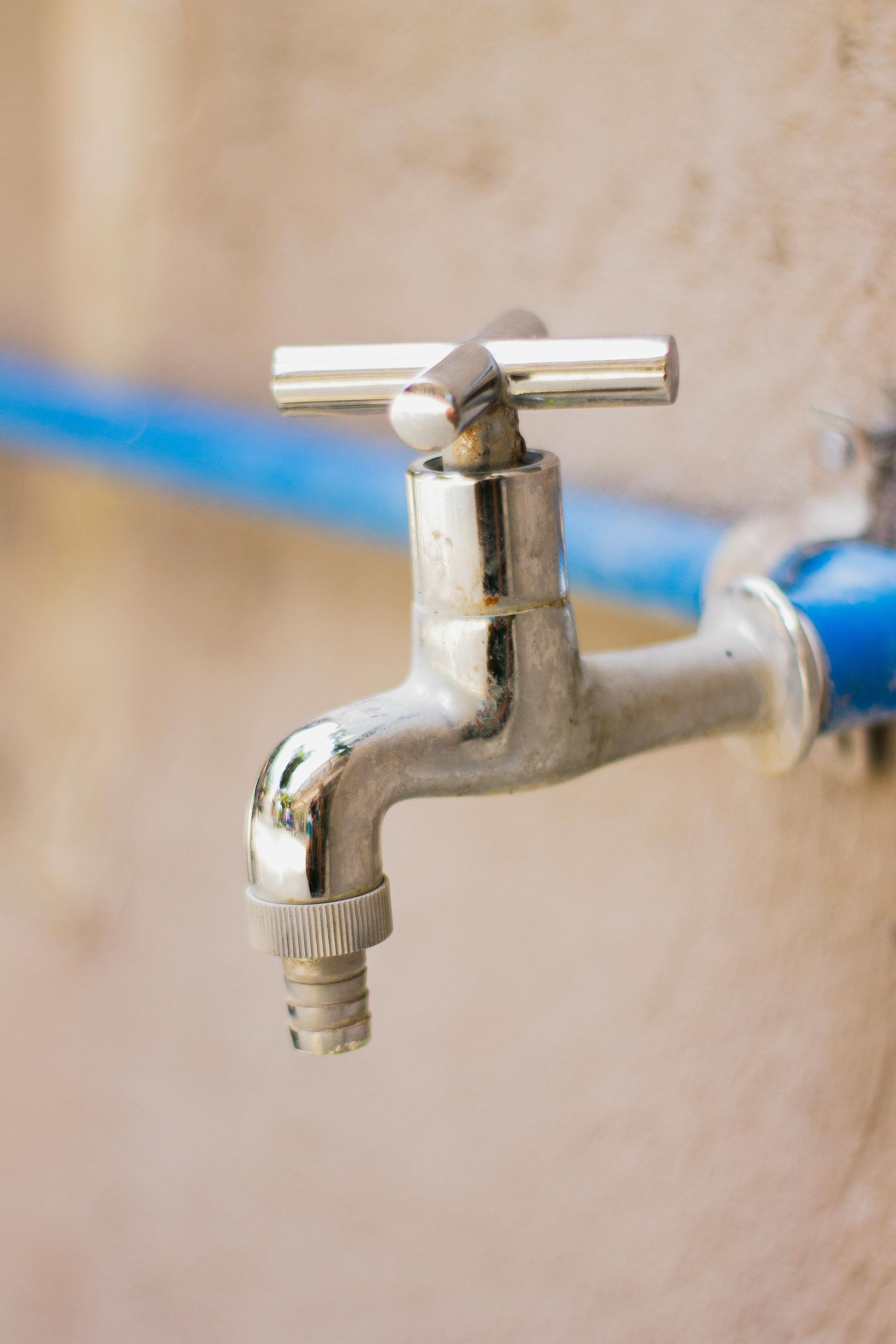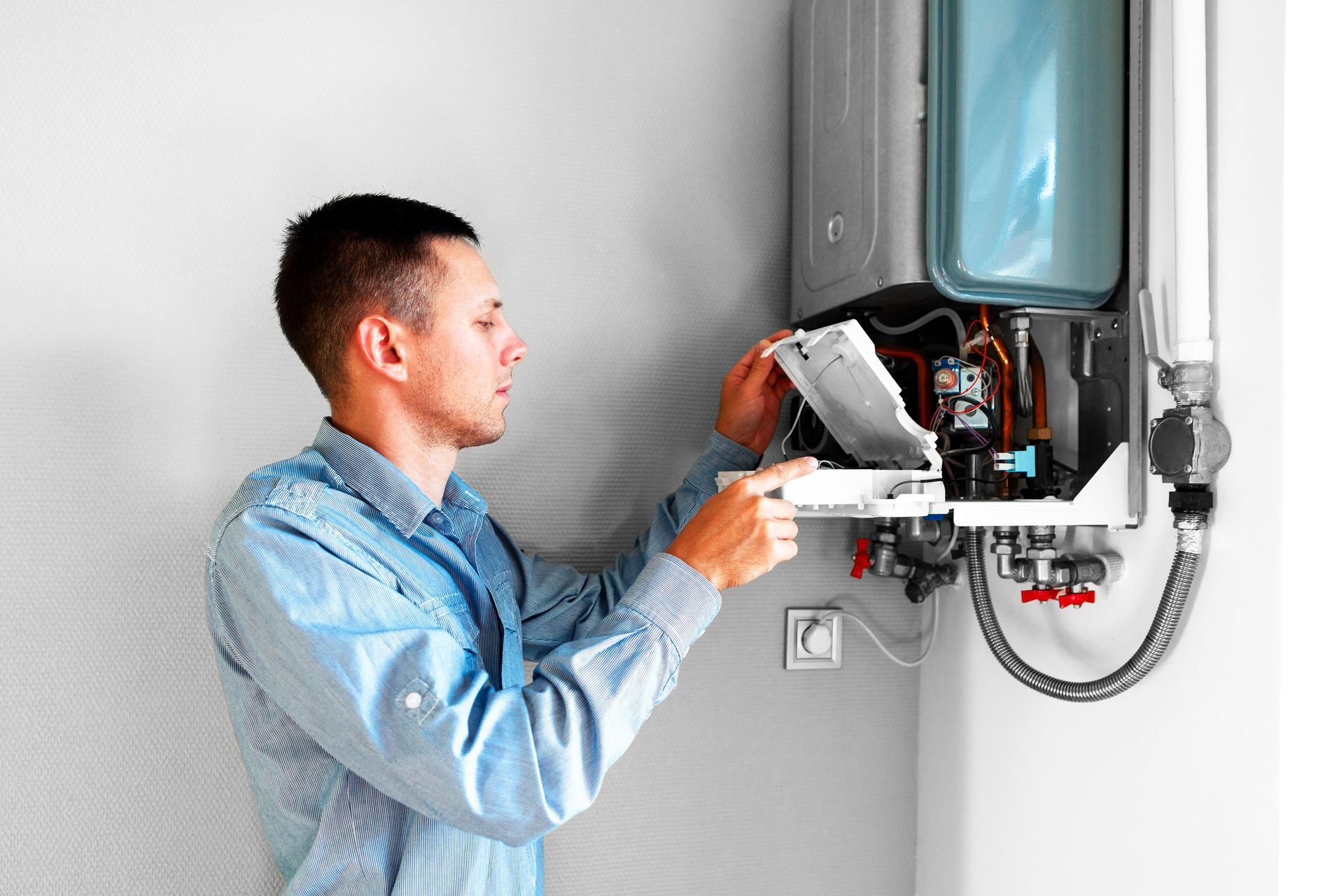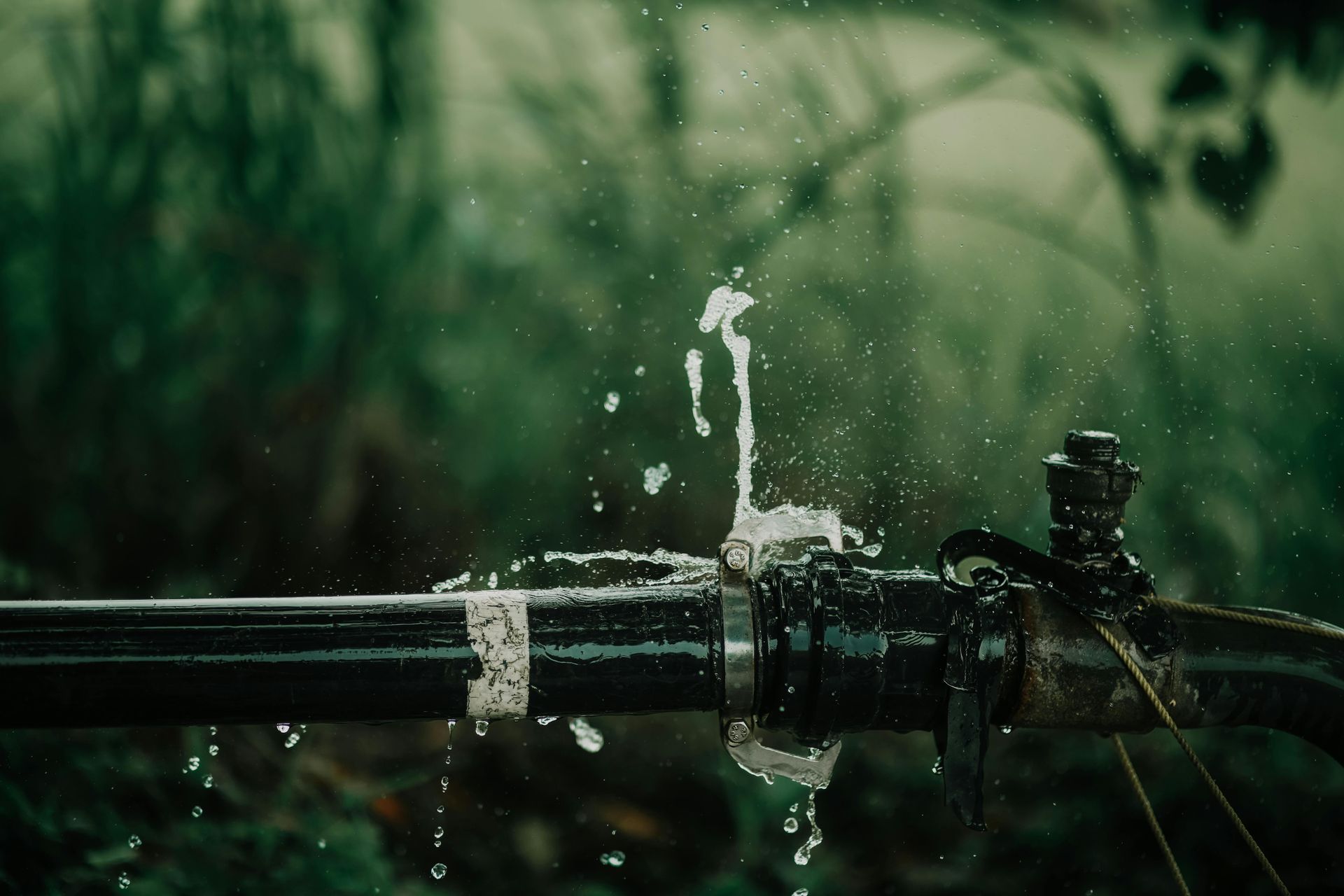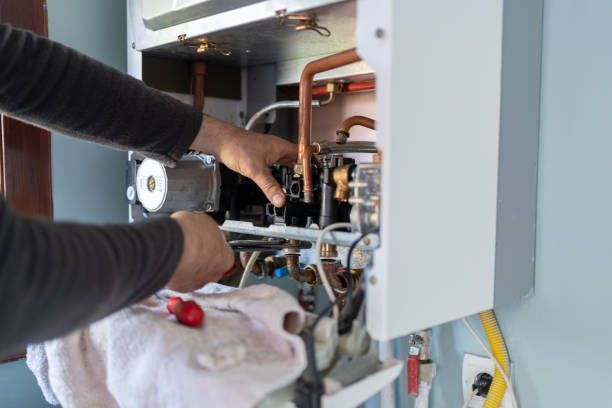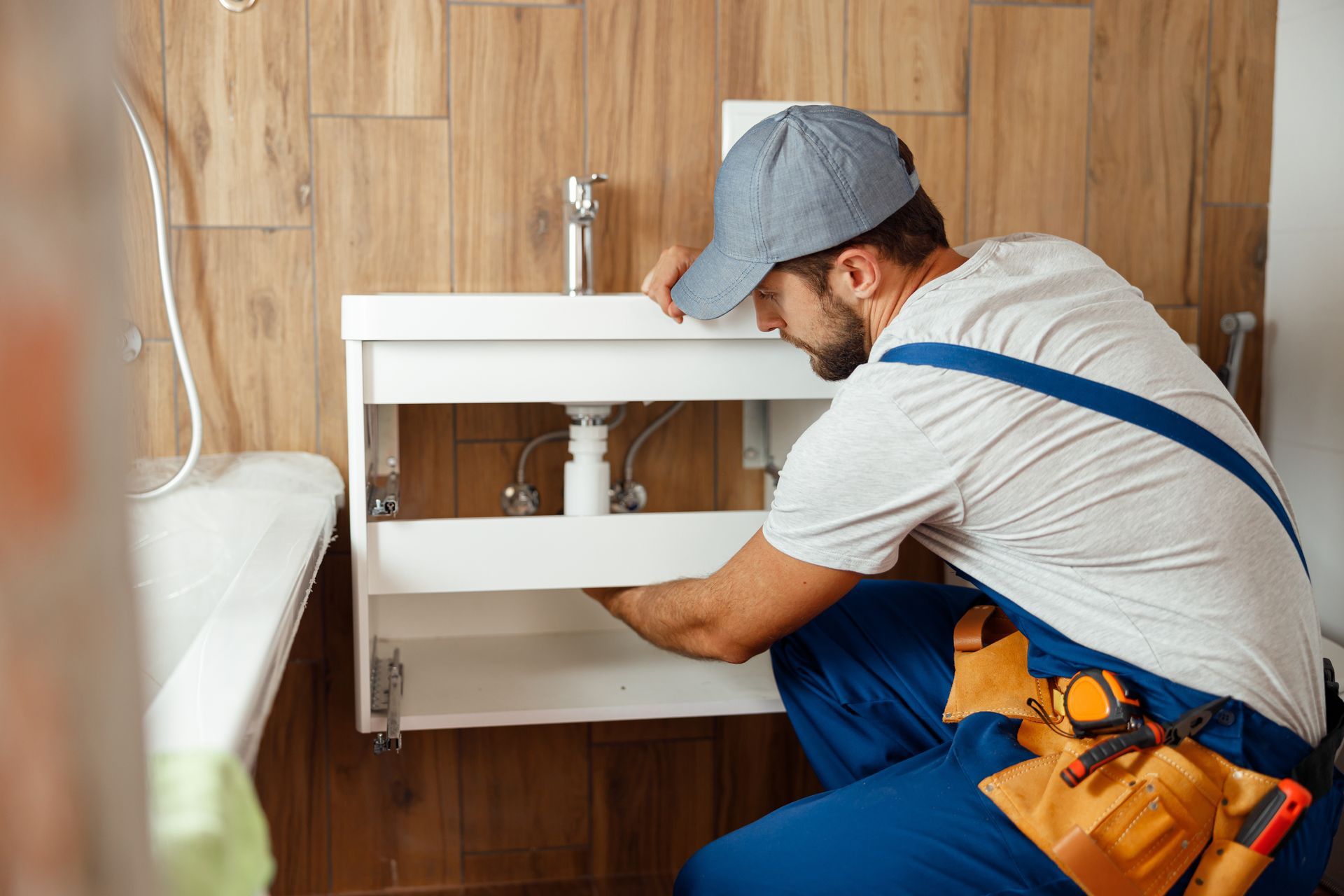Hot Water Woes: Common Water Heater Problems and How to Troubleshoot Them
Water heaters are arguably one of the most essential appliances in any household, providing hot water for showers, laundry, and dishes. But like any other appliance, they can experience problems and malfunctions that can cause inconvenience and frustration. As homeowners, it's important to be aware of these common water heater problems and know how to troubleshoot them to avoid costly repairs or replacements. In this blog post, we'll discuss the most common water heater issues and how you can fix them to keep your hot water flowing.
Nature's Symphony
Why Am I Taking Cold Showers? Troubleshooting a Water Heater with No Hot Water
- Check the power source: Make sure the water heater is receiving power. If it's an electric water heater, check the circuit breaker to see if it's tripped. For gas water heaters, make sure the pilot light is lit.
- Inspect the temperature setting: If the pilot light is on, but you're still getting cold water, check the temperature setting on the thermostat. It should be set between 120-140°F.
- Test the heating elements: For electric water heaters, the heating elements can burn out over time. You can test them with a multimeter or call a professional plumber for assistance.
- Check the gas supply: If you have a gas water heater, check the gas supply to make sure it's turned on and the pilot light is lit. If the pilot light keeps going out, it could indicate a faulty thermocouple.
- Call a professional: If you've checked all the above and still have no hot water, it's best to call a professional plumber for further diagnosis and repair.
Banging, Popping, and Gurgling: How to Silence a Noisy Water Heater
- Flush the tank: Sediment buildup at the bottom of the tank can cause loud banging or popping noises. You can try flushing the tank by attaching a hose to the drain valve and draining the water until it runs clear.
- Replace the heating element: If your water heater is still making noises after flushing, it could mean a faulty heating element. A professional plumber can replace the element for you.
- Insulate the pipes: If the noises are coming from the pipes connected to the water heater, try insulating them with foam pipe sleeves to reduce the sound.
- Install water hammer arrestors: A water hammer, a loud banging noise when you turn off a faucet or a water valve, can also be a sign of a faulty pressure relief valve. A plumber can install a water hammer arrestor, a small air-filled chamber, to absorb the shock and reduce the noise.
Don't Let a Water Heater Leak Dampen Your Day: How to Fix and Prevent Leaks
- Check the temperature and pressure relief (TPR) valve: If water is leaking from the TPR valve, it could be due to excess pressure or temperature in the tank. You can try replacing the valve, but if the problem persists, it's best to call a plumber to assess the situation.
- Inspect the drain valve: A loose or faulty drain valve can also cause leaks. Check the valve and tighten it or replace it if necessary.
- Examine the tank: If there are signs of corrosion or rust on the tank, it could be leaking. A professional plumber can determine if the tank needs to be replaced.
- Prevent future leaks: Regular maintenance, such as flushing the tank and inspecting the valves, can prolong the life of your water heater and prevent leaks.
From Scalding to Freezing: Troubleshooting an Inconsistent Water Heater
- Check for a broken dip tube: A dip tube is a long plastic tube inside the tank that directs cold water to the bottom for heating. If it breaks, cold water can mix with the hot water, causing inconsistent temperatures. A professional plumber can replace the dip tube for you.
- Inspect the heating element: Similar to no hot water, a faulty heating element can also cause inconsistent water temperatures.
- Flush the tank: Sediment buildup can also affect the overall performance of your water heater, and cause inconsistent temperatures. Try flushing the tank to resolve the issue.
Eww, What's That Smell? How to Get Rid of Foul-Smelling Water From Your Water Heater
- Rule out the water source: Before assuming it's your water heater, make sure the smell isn't coming from the source of your water. If it's only happening when you turn on the hot water, then the issue is with the water heater.
- Flush the tank: As mentioned before, sediment buildup can cause various problems with your water heater, including a foul odor. Flushing the tank can help get rid of the sediment and the smell.
- Replace the anode rod: An anode rod is a sacrificial rod that prevents the tank from corroding. If it's depleted, bacteria can grow in the tank, causing a foul smell. A plumber can replace the rod for you.
- Install a water treatment system: If your water has a high concentration of sulfur or other minerals, a water treatment system can help improve the smell and quality of your water.
Contact Us Now for Reliable Water Heater Repairs and Quality Plumbing Services in Madison, IN!
Hot water heater giving you trouble? Don't waste any more time taking cold showers or dealing with leaks! Contact our team at Triple J Plumbing, LLC for professional water heater repair services in Madison, IN, and the surrounding areas. Our experienced plumbers will troubleshoot, diagnose, and fix any issues with your water heater, leaving you with consistent hot water and peace of mind. Call us at 812-748-6760 today!
Frequently Asked Questions (FAQs)
How often should I flush my water heater?
It's recommended to flush your water heater at least once a year to prevent sediment buildup and maintain its efficiency.
How long do water heaters typically last?
The average lifespan of a water heater is 8-12 years, but regular maintenance can help prolong its lifespan.
Can I do my own water heater repairs?
While some minor issues can be fixed by homeowners, it's best to leave major repairs and replacements to professional plumbers for safety and to ensure the problem is properly fixed.
Can a water heater explosion occur?
While rare, it is possible for a water heater to explode due to excess pressure buildup. Regular maintenance and inspection can help prevent this from happening.
Will an oversized water heater provide better performance?
No, an oversized water heater can actually be less efficient and cost more to operate. It's important to choose the right size for your household's needs.
